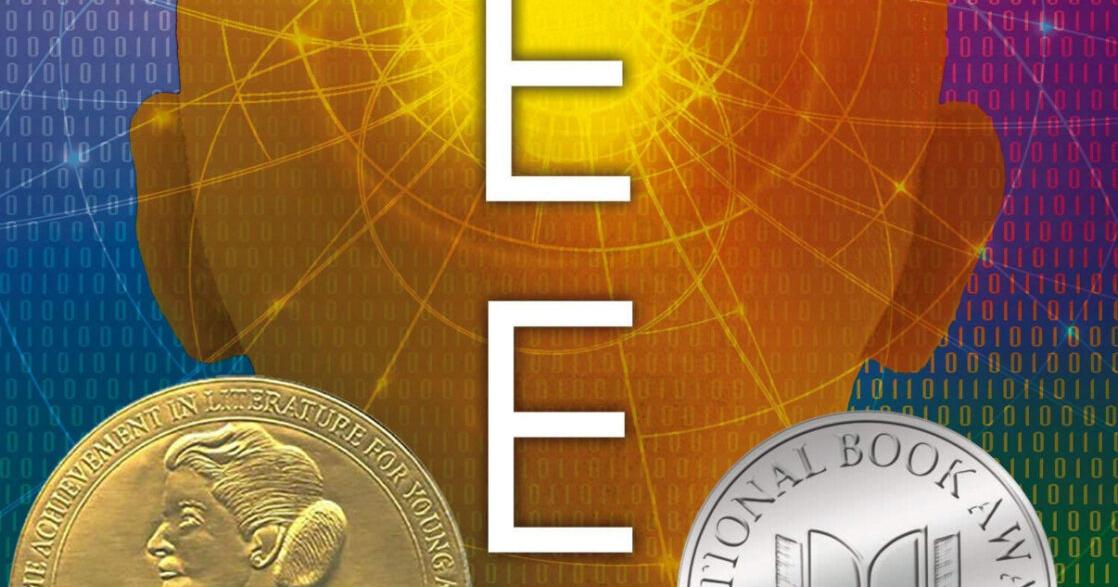Maybe dystopian novels aren’t the answer for teenagers living in a dystopia. One of the hardest books to find over the holidays this year was “Feed” by MT Anderson.
Anderson’s cyberpunk dystopia sketches a near future world where climate change has degraded the Earth’s surface, forcing humans to live in climate-controlled cities. Most also have an implant that feeds them a constant stream of data, threads, videos and highly targeted advertisements.
I wanted to give a copy to my 12-year-old nephew, a once avid reader now slipping away into a world of online games and pre-teen drama.
Ten years ago, when I was teaching mass communication at a local community college, my students introduced me to “Feed.”
With his tone of gleeful cynicism about Big Tech, “Feed” spoke both about their regrettable addiction to their smartphones and the knowledge that big business exploited every communication – and their “can’t live with it, can’t live without”. to this brave new world.
Two decades after its release in 2002, “Feed” still strikes a chord.
In December, I took my nephew with me on a reconnaissance mission to Magers and Quinn. I hoped the tall, narrow aisles — with entire sections devoted to graphic novels and science fiction, a corner full of young-adult and mid-level books — would pique her curiosity.
That he would lift the cover of “Dune” or “Wonder,” or even a new episode of Goosebumps, and fall into the world of history like my siblings and I had fallen into stories over and over for the dead times of our adolescence.
As I watched him wander the bookstore shelves, pulling titles at random, I felt an urgent need to put Anderson’s doomsday prophecy into his hands.
That, I wanted him to know, is what happens when you stop reading printed books. When a smartphone rings every few minutes, interrupting your attention before you can finish a paragraph or a page. It’s a slippery slope between that and climate collapse and a chip in your head – and MT Anderson is smart and funny enough to say that in a way you might hear it.
Luckily for both of us, the book was out of print.
Because I’m not sure a novel about the dangers of Big Tech (however prescient and realized) is the best way to hook a tween about to fall off the cliff of hormones and group dynamics of peers. Or that dystopias seem urgent when you seek to become the hero of your own story.
In a preview of the original edition of “Feed,” Anderson said he’s now less concerned about the impact of the internet on our attention span and more concerned about how our media diet prevents us to understand the world around us.
But two years into a pandemic that has shrunk our circles and made social interactions more strained, our screens and online communities may be one of the few things keeping us connected.
We’re still writing our own stories, groping for the way forward, whether it’s on social media, family group chats, in interactive online games, or just picking up the phone.
The books will be there for us when the flow dies down.

